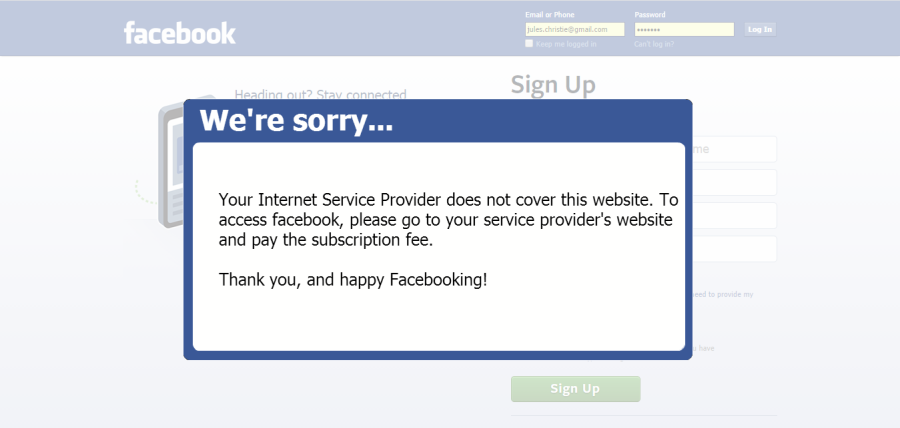Why the Internet needs us
Without Net Neutrality, Internet Service Providers could charge individuals to pay for things, such as social media platforms.
September 15, 2014
The Internet is in danger.
Big danger.
Net Neutrality has been one of the inherent laws of the Internet since its creation, and has become a defining element to our society, though we don’t necessarily recognize it. Essentially, the law states that Internet Service Providers (ISPs), like Time Warner Inc., Verizon Communications Inc., AT&T Inc. and Comcast Corp., cannot block websites or slow down your service, thereby holding it hostage until either you or the content provider pay a fee.
This rule is what makes the Internet what it is—to quote a statement released by web-design company Automattic–“the most powerful engine of economic growth and free expression in history”. And that’s exactly what the Internet has become.
But now, that it has become a battleground.
For the first time ever, the Federal Communications Commission (FCC) has said that it would like to institute rules expressly allowing these ISPs the right to charge companies for access to consumers. If permitted, these changes will create a streamlined, cushy avenue directly to customers for big-name companies, while leaving even marginally smaller competitors, non-profit organizations and Internet-based small businesses in the dust.
And once these changes are made, there will be no going back. These ISPs already have hired hundreds of lawyers and lobbyists who will ensure that these companies will never have to release their hold on the Web. And once this becomes the case, the way has been paved for prices to steadily rise as content quickly diminishes and disappears.
Some ISPs have claimed that this is not the case, that they will adopt the Internet as something of a pet to nurture. However, an opposite precedent has already been set—in the past, Comcast has attempted to make Netflix pay for bandwidth, a cataclysmic feat considering that the video provider is responsible for nearly 30% of all Internet use in the United States.
These incursions have happened before, and if unchecked, may well become a new American normal.
In addition, last Wednesday, the world witnessed the Internet Slowdown, a massive and coordinated effort to stand up to ISPs. It was led by giant Internet services like Mozilla, Netflix, Tumblr, WordPress and KickStarter alongside hundreds of other services upon which much of modern society depends.
One online message to Washington, hosted at battleforthenet.com, gained over 500,000 signatures in its first day. Giant content companies are making sure users get the message.
Since March,nearly five million people have contacted the FCC, Congress and the White House. The American public is standing up to the FCC and its ISPs, on a scale nearly unheard of.
But it’s still not enough.
The FCC will listen to its constituents, but we’ll have to shout even louder than the wealth of these Internet Service Providers. And if they don’t, the Internet and communication as we know it may well be lost forever.
For more information, go to Battleforthenet.com














